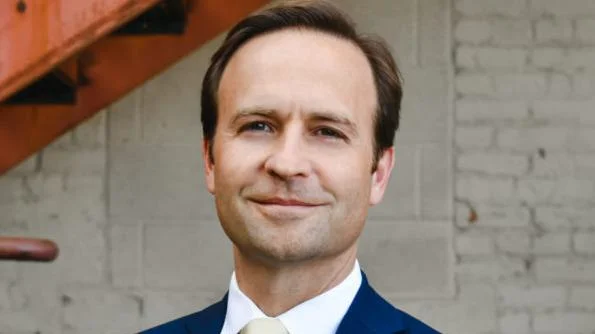Brian Calley President and Chief Executive Officer at Small Business Association of Michigan | Official website
Brian Calley President and Chief Executive Officer at Small Business Association of Michigan | Official website
Recent studies indicate a rise in occupational fraud and dishonesty, emphasizing the need for organizations to adopt deception detection training. The Association of Certified Fraud Examiners (ACFE) has noted a 24% increase in median losses from such fraud. This issue is not limited to frontline employees, as fraud by executives and business owners results in losses over seven times greater than those caused by lower-level staff. Research also highlights the presence of "corporate psychopaths"—individuals who manipulate and deceive—at senior levels within financial organizations.
Human Resources (HR) teams are tasked with addressing these challenges, which require more than intuition. Effective lie detection necessitates a combination of skills, tools, and training. The advent of technology like AI and deepfakes adds complexity by facilitating sophisticated deception methods.
To tackle these issues, HR leaders must develop a comprehensive approach to deception detection. This includes training to recognize verbal and non-verbal cues, such as qualifying phrases or changes in tone and posture. However, these signs alone do not confirm dishonesty; professionals should observe behavior patterns while establishing communication baselines.
Understanding psychological drivers is crucial for truth solicitation. Techniques such as structured questioning, attentive listening, and awareness of personal and cultural biases can ethically uncover the truth.
Beyond detecting deception, fostering an ethical framework for integrity is essential. HR leaders must create a culture of transparency by aligning practices with ethical standards and organizational policies while considering cultural nuances for global teams.
By equipping HR professionals with appropriate skills and tools, organizations can reduce risks, build trust, and promote a culture based on honesty. As fraud becomes more advanced, spotting and preventing dishonesty is an essential part of modern HR strategy.
"Heather Nezich" provided this information courtesy of SBAM-approved partner ASE through hrexecutive.com.






 Alerts Sign-up
Alerts Sign-up